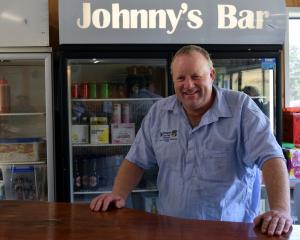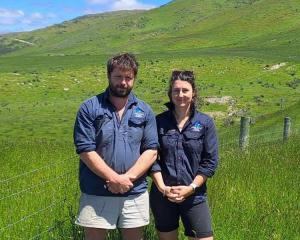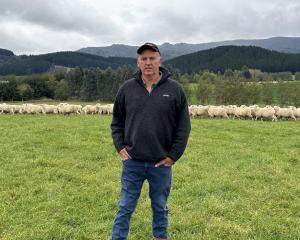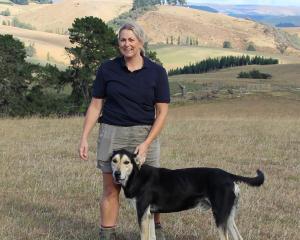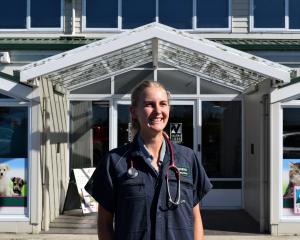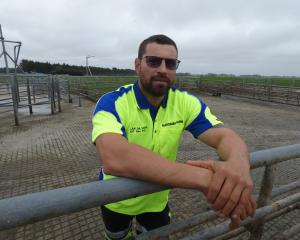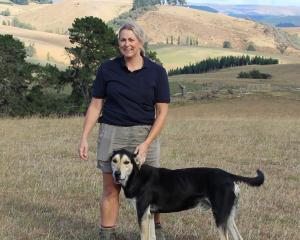
Speaking at the recent ''Staying Positive'' seminar in Oamaru, the agribusiness broadcaster said she was ''super-passionate'' about rural mental health.
Anxiety in farming was driven by what happened in the past, such as Rogernomics. Farmers feared it would happen again.
Ms Perriam advised being like a photographer - farmers could not change the light, but they could change the lens they put on.
In times of feeling uncertain and powerless, they should look for some certainty and influence. A problem should be broken down down into manageable bits and a plan made to change it.
Happiness was connected to gratitude, she said.
''The struggle ends when gratitude begins. You can't be angry, you can't be depressed when you start to recite what you're grateful for.''
Ms Perriam recommended farmers ask themselves why they were farming.
''If it's just so the kids can take over the family farm, it's not enough.
''Do you want to kill yourself waiting for the outcome of the water policy?''
Our emotional wellbeing was our personal responsibility, she said.
''Farming is an uncertain industry. If you don't have the emotional appetite for it, it's not for you.''
A friend of hers had to give up a farm that had been in his family for 100 years because he was admitted to Christchurch's mental health facility, Hillmorton Hospital.
While taking part in her sister Elle Perriam's recent ''Will to Live'' tour of 17 New Zealand rural locations to discuss such issues, she found it ''really encouraging to see our industry start to embrace this''.
''I don't think it could have happened five years ago.''
When asked how she coped with negativity on social media, Ms Perriam said she did not let it hit her.
''I don't own other people's judgements - why would I dare take it off them?
''It's a reflection of all the s... going on in their own lives.''
Giving it air would allow it to burn, she said. The farming sector needed to learn to shut up and not give fuel to the fire.
Farmers also needed to show ''a bit more compassion'' to urban people, she said.
''How on earth are town people to understand what we do?
''We've got to be careful who we judge if we don't want to be judged back.''
Otago Rural Support Trust co-ordinator Lindsay Purvis told the seminar he had farmed through the 1980s and had suffered from a form of depression. The Lions Club he belonged to was ''a vehicle to help me through that'', but he failed to see how much his condition and their situation had affected his wife.
''You don't get depressed overnight,'' he told the audience.
He advised everyone who was feeling pressured to remain connected with their family, community, and financiers.
''Get involved with a local club. Get off the farm. You can't have a day off at home.
''Maybe on Sunday, go to Moeraki, have fish and chips and let the kids play on the beach.''
Need help?
Need to talk?
1737, free 24/7 phone and text
Healthline: 0800 611-116
Lifeline Aotearoa: 0800 543-354
Suicide Crisis Helpline: 0508 828-865 (0508 TAUTOKO)
Samaritans: 0800 726-666
General mental health inquiries: 0800 443-366
The Depression Helpline: 0800 111-757
Youthline: 0800 376-633, txt 234 or talk@youthline.co.nz
What’s Up (for 5 to 18-year-olds; 1pm-11pm): 0800 942-8787
Kidsline (aimed at children up to age 14; 4pm-6pm weekdays): 0800 54-37-54 (0800 kidsline)


